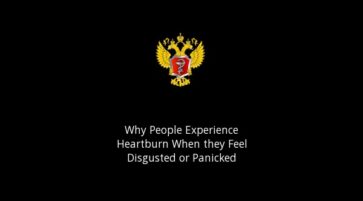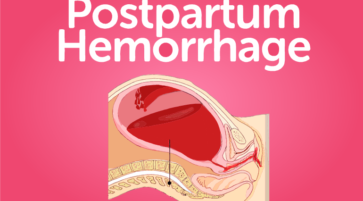
Aybintio (abaloparatide)
Aybintio is a prescription medicine used to treat osteoporosis in postmenopausal women at high risk…

When the body experiences a fight or flight response, it releases stress hormones such as adrenaline and cortisol. These hormones can stimulate the production of stomach acid by activating the sympathetic nervous system, which can increase the activity of the gastric glands that secrete hydrochloric acid (HCl)…. Read More »

Postpartum hemorrhage (PPH) is a major cause of maternal morbidity and mortality worldwide. PPH is defined as blood loss of 500 ml or more after vaginal delivery or 1000 ml or more after cesarean section. PPH can be classified into primary and secondary PPH based on the timing of onset after delivery. … Read More »

Multiparous women, who have already given birth vaginally before, may have a shorter and less intense labor than first-time mothers. This is because their cervix and birth canal have already stretched and relaxed from a previous delivery…. Read More »

Childbirth can be painful, but the level of pain experienced during a vaginal delivery can vary greatly from woman to woman. Pain during labor and delivery is caused by contractions of the uterus and the pressure of the baby’s head against the cervix and vaginal walls…. Read More »
